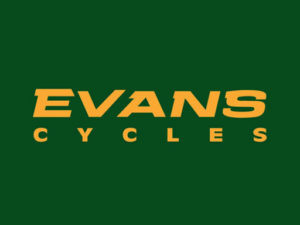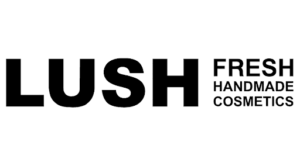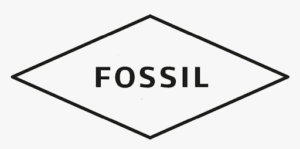Retail companies all over the world are focusing on how they can lower their environmental impact and make more ethical decisions by investing in sustainable practices all across the supply chain. Customers expect a level of responsibility from companies more than ever, this industry “trend” of sustainability is here to stay but how best to approach it.
Shifting your brand to become more sustainable and ethical can seem costly and challenging. Still, many companies have done a great job in creating a culture of environmental consciousness in the retail industry. Here are ten retailers we have seen making a great effort to become more sustainable and promote environmentally ethical production in their respective sectors.

Evans Cycles’ green initiative includes a policy whereby they allow customers to trade in their old bicycles for a discount on a new one. Evans Cycles passes on those bicycles to charity, allowing them to be reused throughout the community. Apart from this, Evans Cycles also uses renewable energy from sources such as wind farms, and they purchase renewable materials and biodegradable cleaning supplies.

As a meal kit delivery service, HelloFresh prevents unnecessary food waste by portioning the food they deliver to customers in advance. This can dramatically decrease the amount of food waste in the consumer’s household. HelloFresh is also committed to having a greener footprint by working on sustainable ingredient sourcing.

Lush creates its products so that they don’t need excess packaging, reducing unnecessary waste by leaving them bare. For gift packaging in-store, Lush uses recycled and compostable paper bags, an extremely sustainable practice that promotes reusing materials. Also, Lush practices sustainable sourcing by working with suppliers who respect the environment and optimise their energy consumption.

Cult Beauty partners with technology platform Provenance to verify the sustainability of brands, looking for vegan and cruelty-free products and recyclable packaging. Cult Beauty uses Provenance to find sustainable brands to partner with, showing their commitment to sustainability not only in their own company but also in those that they choose to align with.

Paperchase, a stationery company, is working to reduce its carbon footprint by working with more local suppliers and committing to more biodegradable products. Paperchase is also reducing the amount of plastic packaging used in-store and in delivery, opting instead for paper bags and more products without packaging.

This gifting site has launched a line of sustainable gifts, with products from metal straws to spa gift sets, all using sustainable ingredients and sometimes recyclable products. This line encourages sustainable purchasing habits through a fun shopping experience.

This makeup brand has launched a line of refillable lipsticks, allowing customers to mix and match different shades. This line, the Hot Lips 2 collection, reduces packaging and encourages sustainable practices through reusing and recycling.

To reduce their carbon footprint, Jojo Maman Bebe has launched an initiative, From a Mother to Another, in order to repurpose used clothing for those in need. Jojo Maman Bebe encourages customers to donate clothing and then repacks the items into gift packs to hand out through charities in advance of Mother’s day each year. This initiative not only helps the community but also encourages recycling and eliminates waste.

Aspiring to be a more sustainable company, Fossil has committed to many goals to reach by 2025, including reducing water consumption for leather tanning by 45%, using 100% circular primary packaging, and launching a global take-back program. Fossil is also working to reduce greenhouse gas emissions by 30% and eliminate virgin plastic use across the supply chain by 2030. These goals are part of their initiative to lead its industry in protecting the planet for future generations.

Recipe box subscription service Gousto offers a multitude of sustainable practices to their customers, showing them how to reduce their food waste, use vegetables and fruits that are in season, reduce water consumption and more. Gousto is also eliminating plastic waste by using an eco-friendly cardboard insulation box to keep food cool during delivery. Focusing on food, water, and plastic waste, Gousto shows their customers how to be as environmentally friendly as possible.

AUTHOR
Carina Massana Marketing Intern, Scurri
